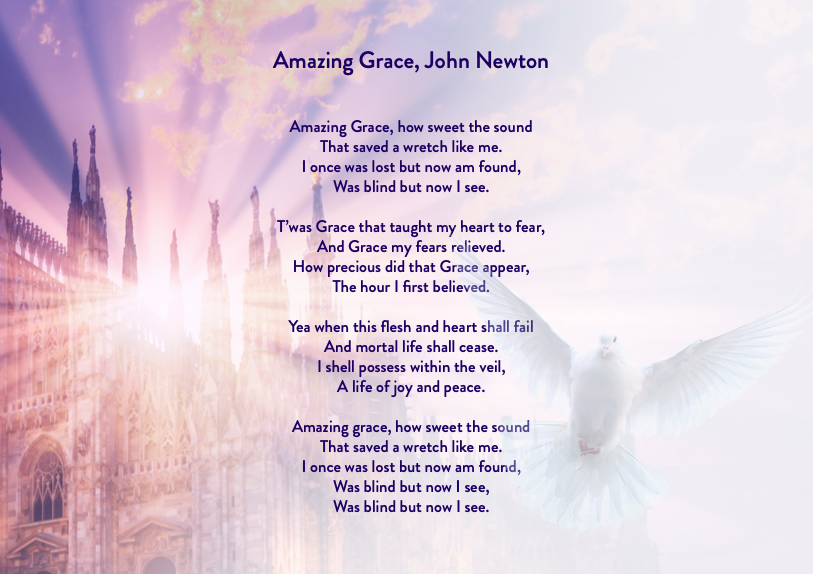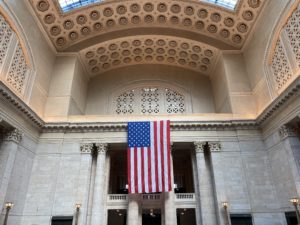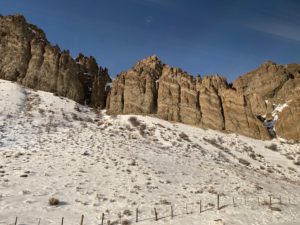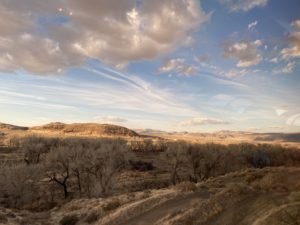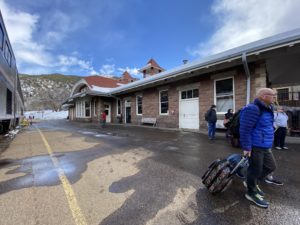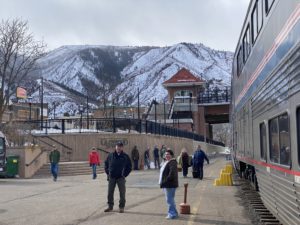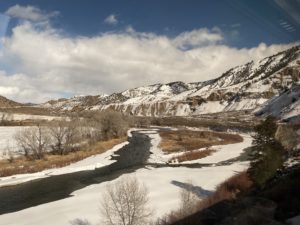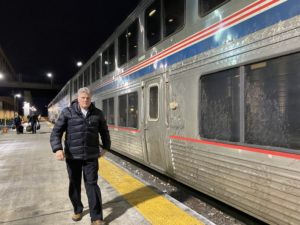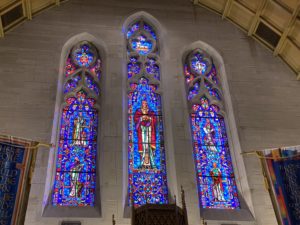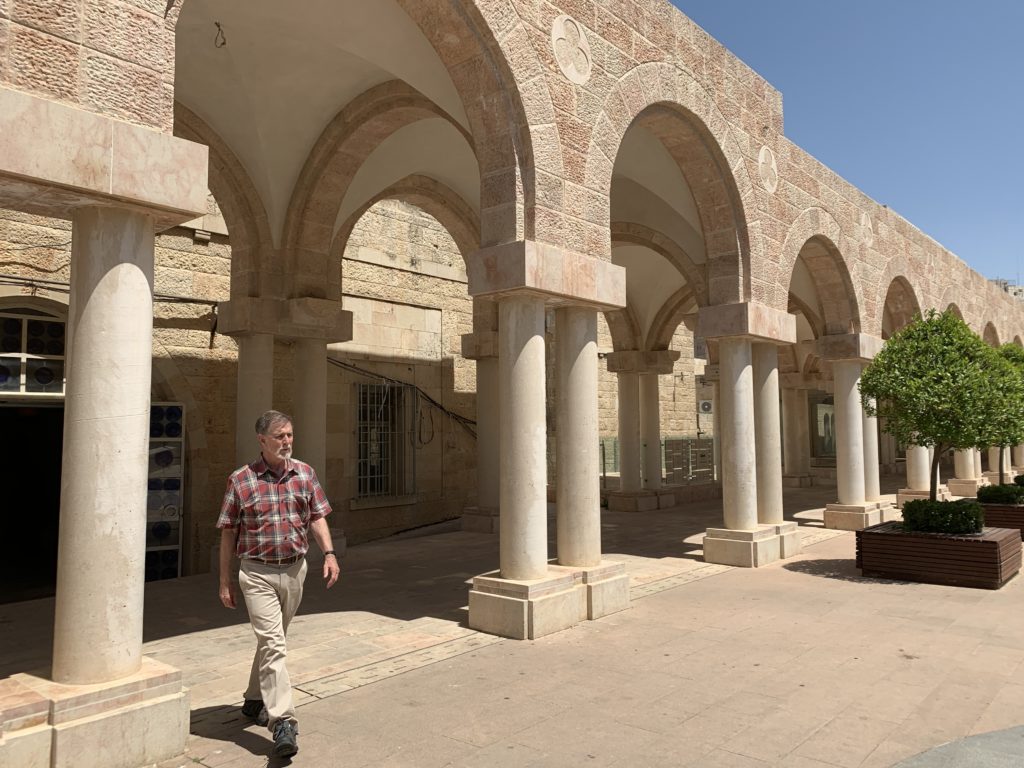A Christian Easter

“So you don’t care about one billion Catholics?” That’s what I heard in the spirit recently — a thought that wasn’t my thought — which I’ve learned to believe is from the Lord. I couldn’t even tell you what I was thinking at the time, but I will never forget what I heard.
I have a high view of Catholics, I think, and I’ve always found common ground in Christ when relating to them as friends, in monasteries and retreat centers, and I had a good friend for a time who was the priest at Christ the King Catholic Church in the neighborhood where I lived.
But I didn’t question the thought. I know that “man looks on the outward appearance, but the Lord looks on the heart” [I Sam 16:7]. The inference, strong but gentle, was,”I do, and you should too.” That became easier and almost a mandate and passion Easter Sunday 2020 with what I heard from Andrea Bocelli. It peaked my spiritual senses, and I believe it reverberated in the heavens. A prayer birthed in the heart of God, to be answered soon. Mercy for our world.
Protestants & Catholics

There may be something just below the surface in protestant thinking that goes something like this, “Most Catholics don’t read the Bible for themselves, and have at times been discouraged from doing so, so how could they believe? Do they even know what they believe?” Something like that or along those lines. Then some superiority illusions or pride creeps in, because we protestants study the Bible, know the Bible and what we believe it teaches. Pride blinds one to truth and reality.
Protestants beware of blinding pride. Or as Jesus told the Pharisees (the most religious Jews of His day), “You search the Scriptures because you think that in them you have eternal life; and it is they that bear witness about me.” [John 5:39] That is, they couldn’t see that God in the flesh was standing right in front of them, even though they studied Scripture and its prophecies.
But Bocelli’s simple act of faith, prayer, and worship on the world stage demonstrated simple, childlike faith in doing what he had been invited to do. Child like faith may be a trademark of Catholics? Something akin to the thief on the cross, who sensed his own miserable condition, getting what he deserved, but also sensed that Jesus was the Son of God, asked for mercy, and received the grace of salvation — without much Bible knowledge, as far as we know, like a little child.

That kind of faith may be a Catholic strength?! Yet beware of being somewhat familiar with Jesus, and like the five foolish virgins, not being known by Him, [Matt 25:1-13] putting your faith in saying, “I’m a Catholic or I’m a Christian.” Jesus had something to say to the Pharisees about that too, “And do not think you can say to yourselves, ‘We have Abraham as our father.’ I tell you that out of these stones God can raise up children for Abraham.” [Matt 3:9] Or said another way, “You think you’re fine because you’re Jews, but that’s not enough.” Grace received by faith is required, and the resulting relationship.
Christians
I think this pandemic, isolation, and solitude has caused Christ followers around the world to reexamine what they believe. Who and how much they trust? Something along the lines of “work out your own salvation with fear and trembling.” [Phil 2:12b] And it’s caused Christ followers to minimize their differences and pull together in faith, solidarity, and obedience to Christ.

I’m not talking about universalism here, the teaching or belief that everyone will go to heaven and have eternal life. The Bible doesn’t teach that. And Jesus Himself certainly didn’t. Remember He said, “Enter through the narrow gate. For wide is the gate and broad is the road that leads to destruction, and many enter through it. But small is the gate and narrow the way that leads to life, and only a few find it.” [Matt 7:13-14] And, “Make every effort to enter through the narrow door. For many, I tell you, will try to enter and will not be able.” [Luke 13:24] He also said it wasn’t His will that any should perish, but that all would come to eternal life.” [2 Peter 3:9] So our wills, wants, desires, actions, and words play a pivotal part in knowing Him.
I’m just saying I’m not the gate keeper. None of us are. Only One is — He Who rose from the dead that first Easter, once for all time, and for all who believe.
So know Him! More importantly, be known by Him.
Amazing Grace — Blind or Seeing
The Bocelli event ended with Amazing Grace, something every believer in Christ can identify with immediately and intensely. A humble acknowledgement we once were blind. And only by His Grace, now we see — the Risen Savior, for Who He Is. The Christ. The King. The Messiah. God’s Son. A loving, powerful One Who hears prayer.
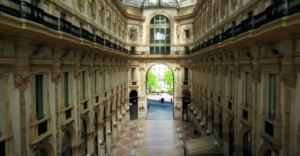
How striking and strong it was to have a blind man with perhaps the best voice in the world standing there singing and seeing in the spiritual realm, while many sighted people watched who were perhaps spiritually blind. Grace was all around, and is there to be found.
Something Changed
I think something changed with that proclamation and prayer Easter Sunday 2020. Many prayers were ascending to God to have mercy and extend grace in our time of global need. More than 2.5 million people watched the powerful event live. As of this post, 38,629,568 have viewed it! Certainly it must have been the largest Christian meeting or spiritual meeting ever experienced at one time. That it included people of all faiths and many nonbelievers is remarkable as well, in the privacy of their own homes, listening in a world quietened by plague. People looking for answers witnessed a global spiritual gathering and event around Christ — facilitated by YouTube, the world wide web, and a humble man with a great voice and sincere faith, moved by compassion for his city, his country, and the world.

So there you have it. There are an estimated 2.3 billion Christians in the world, 1.2 billion Catholics and 1.1 billion protestants — about 30% of the world population. Because of Jesus, we care about each other and our world. Our prayer is that He show us more of His Amazing Grace in this crisis as we love, serve, and worship Him, Who Is Worthy — He is rich in Mercy and abundant in Grace. Amen.









